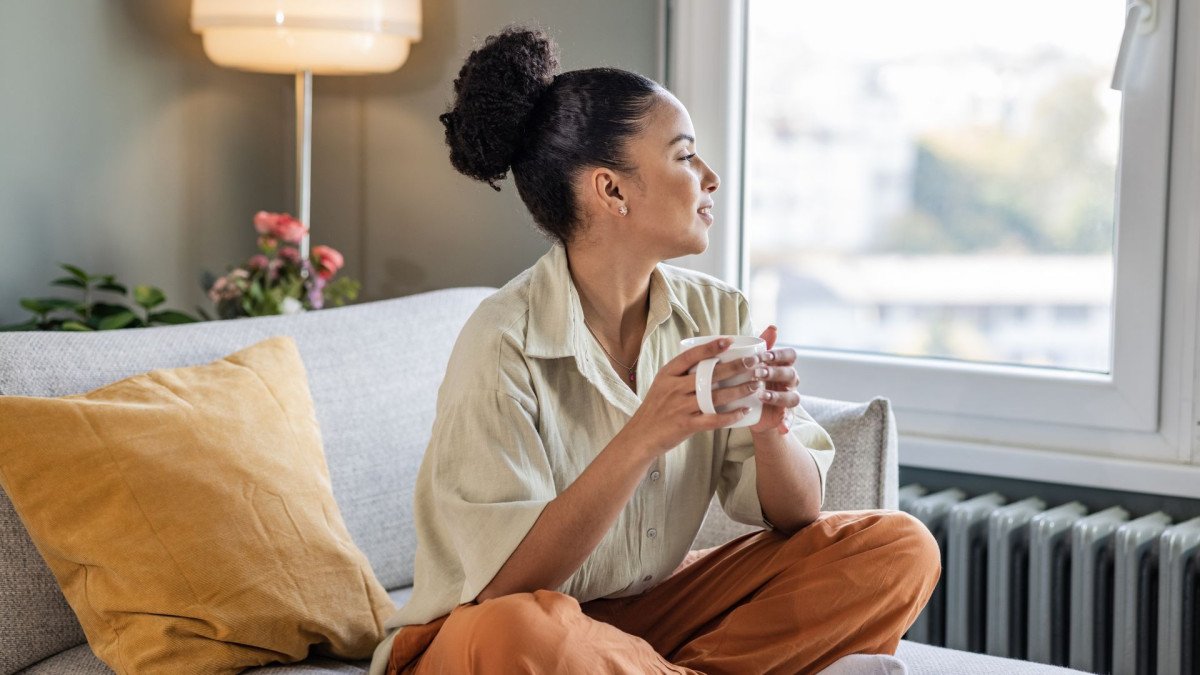Anxiety is an emotional disorder that affects millions of people around the world If you are reading this article, you are one of them. Surely when you feel anxiety you despair and want it to disappear as if by magic, but that is not possible, so it may happen that you go to option two, constantly controlling your anxiety and that way you end up becoming exhausted and frustrated. That is why it is important that you can find effective strategies to manage it and regain emotional balance.
Practical tips to live a life with more well-being
In this article, we’ll explore seven practical tips to help you let go of anxiety and live a calmer, more fulfilling life.
1. Learn relaxation techniques
Relaxation is key to reducing anxiety symptoms. You can try techniques such as deep breathing, meditation, yoga or visualization These practices will help you calm your mind and body, reducing feelings of stress and anxiety.
2. Identify and question your anxious thoughts
Anxiety is closely related to our thinking patterns. We often tend to anticipate the worst and worry excessively. Learn to identify your anxious thoughts and question their veracity. Is there solid evidence to support those thoughts? You will often discover that many of your worries are unfounded.
3. Practice mindfulness
Full attention or mindfulness is a technique that allows you to be present in the present moment, without judging or worrying about the past or the future. Practicing mindfulness regularly can help you reduce anxiety and cultivate greater mental clarity. Take a few minutes a day to practice mindfulness and watch your anxiety gradually decrease.
4. Set limits and priorities
Many times, anxiety arises from the overload of responsibilities and the lack of time for oneself Learn to set clear boundaries in your life and prioritize your activities according to their importance. Learn to say “no” when necessary and delegate tasks when possible. By prioritizing your well-being, you will reduce feelings of anxiety.

5. Adopt a healthy lifestyle
A balanced diet, regular exercise and adequate sleep can have a significant impact on your mood and anxiety level. Try to incorporate healthy habits into your daily routine and see how your emotional well-being improves. Also, avoid excessive consumption of caffeine and alcohol, as they can increase anxiety.
6. Seek social support
Don’t face anxiety alone. Share your worries and feelings with people you trust, such as friends, family, or a therapist. Social support can give you a different perspective, helpful advice, and a sense of emotional connection. Don’t underestimate the power of talking openly about your anxiety Seeking psychological help to learn how to manage anxiety will be useful and effective, since each person needs unique strategies and tools to be able to deal with it.
7. Practice self-care
Self-care is essential to managing anxiety. Spend time doing things that you enjoy and relax, such as reading, listening to music, taking relaxing baths, or practicing hobbies. Taking care of yourself will help you recharge your batteries and face anxiety with greater resilience.
Conclusions
Finally, I want to tell you that: Stopping controlling anxiety does not mean ignoring it, but learning to manage it in a healthy way. With these practical strategies, you can reduce anxiety symptoms and regain your emotional well-being. Remember that each person is unique, so it is important to find the techniques and approaches that best suit you. Don’t give up and keep looking for tools to help you live a calmer and more balanced life! I remain at your disposal, if you want me to explain how I can help you overcome this problem









